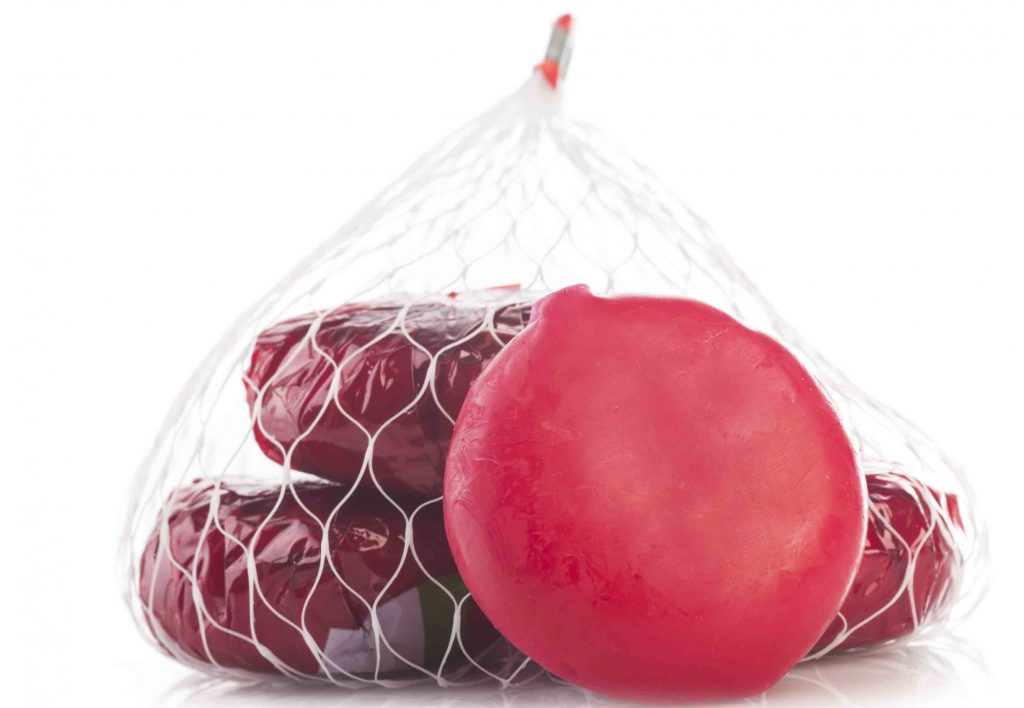Happiness needs to become an integral part of the healthy eating debate, writes Chris White
For years now indulgence brands have been treated as harbingers of our country’s growing health crises. Snack foods in particular have been widely stigmatized, blamed for everything from growing diabetes rates to Britain’s ongoing obesity epidemic.
As a result, we’ve seen an incredibly narrow definition of healthy snacks – think sugar-free, low calorie, superfoods – dominating the market while some of the nation’s favourite snacks have been cast off as “junk food,” denigrating an entire category in the process.
There’s no doubt that encouraging people to eat a well-balanced diet is important, but does our myopic view of healthy eating mean that we’re missing the big picture when it comes to wellness?
After all, our emotional and mental state is just as important as our physical health. That’s why I believe that it’s time us to think about the health benefits of brands beyond just the nutritional value they offer and celebrate other ways they contribute to customers’ wellbeing.
Your product may be healthier than you think
As a society we’re becoming more attuned to the impact of mental health. That’s something that was brought into sharp contrast during the global pandemic and its associated restrictions, where everyone was able to recognise the importance of happiness and connection to our lives.
In this climate, brands need to reconsider the role they play in people’s overall health. The truth is, your product doesn’t have to be low calorie, gluten free and chock-full of vitamins in order to offer meaningful wellness benefits. In fact, emotional and mental wellbeing are an essential part of the role our favourite brands should be playing for us.
This idea was reinforced during the pandemic and its immediate aftermath where sales of confectionary and snacking brands that we might traditionally consider to be “unhealthy” have soared. So too have heritage brands, the kind of household names that connect consumers and give them a sense of reassurance and stability during changing times.
Clearly – and understandably – the nation has a growing appetite for comfort and indulgence. It’s not just the products themselves that are driving this however, it’s the feelings of joy and happiness that they punctuate our everyday lives with. And it’s up to brands to embrace this, to recognise their newfound role and find a way to meaningfully and responsibly tap into it.
The power of playfulness
So what can brands that have traditionally been considered “unhealthy” do to lead the charge?
If we look towards emerging categories, we can already see some of this activity starting to take shape. Pringles, for example, have long used the idea of connectivity within their marketing, emphasising the role that their products play in bringing people together to enjoy shared moments. The idea that their products play a key role in the social setting, facilitating the kind of connections we all crave is a powerful tool, which promotes the benefits of Pringles as a snack that goes well beyond their nutritional value.

With their stackable flavours concept, Pringles has also been at the forefront of another successful tactic that forward-thinking brands are using to promote the wellbeing benefits of their products, and that’s the concept of playfulness.
Indeed, it seems the traditional idea that you should never play with your food is now a thing of the past. From Winders to Skittles, a host of brands have embraced the concept, actively working to find ways in which their products can be more interactive. Even traditional players like Babybel have got in on the act, with the long-running cheese brand taking a sideways step to turn the iconic red wax that surrounds their products into something that stimulates creativity and play. And their Mini Rolls take play a step further, encouraging people to play with the cheese itself.
The trend is all about moving beyond the pleasure of consumption and instead to focus on the joyfulness that the products facilitate. That’s something brands can and should lean into. It’s a positive message that flips the script on the idea that snacks are empty calories and instead views them as products that fuel social activity and moments of joy that contribute to our overall wellbeing.
How can your brand facilitate behaviour change?
Treating yourself to a genuine indulgence isn’t inherently unhealthy, especially when brands recognise the power of that service, and communicate responsibly and meaningfully with their customers.
So, the key to successfully navigating this space is to find a way to communicate these benefits to consumers. It doesn’t have to be overt – Pringles aren’t exactly selling themselves as health foods – but you do need to enable consumers to trace a line from your product towards their overall wellbeing.

Take Branston Pickle – which recently used its iconic status to encourage a more well-rounded lifestyle without varying its heritage recipe. Branston is a sandwich staple, a common site in barrooms and lunch boxes across the country. But with research suggesting that 73 percent of us fail to take a proper lunch break, the company knew something had to be done.
Enter Branston’s “Pickle Plugin” a digital tool to remind you to take a break from your screen and made it the centre of Branston’s “Let’s Stop Work Eating Our Lunch” campaign. The idea was simple: Branston wanted to remind people why taking a break was so important to their wellbeing. Not just because it’s one of the most important meals of the day and an opportunity to take in the vitamins and minerals their bodies need; but because it’s a chance to unwind, to connect with colleagues and give our brains a break.
The end result is a different take on the idea of wellbeing. No one is calling the humble jar of pickle a health food, rather, Branston has honestly and thoughtfully embraced the role that the brand has to play in promoting better mental and emotional wellbeing among its longstanding customers.
It’s time to ditch our binary view of health
The real secret to unlocking the role your brand can play in positively impacting your customers’ wellbeing, is to think beyond the unhelpfully narrow version of health our culture lives by.
As a society that so often sees things in binary terms, it’s no surprise to see the relation between food and wellness treated in the same way. Foods are either healthy or not, good for you or not. There’s no middle ground. But as is so often the case, the reality of the matter isn’t just black and white, instead, there are multiple shades of grey in-between.
It may sound counterintuitive, but confectionary and snack brands can lead the way in expanding the definition of wellbeing and making positive contributions to consumers’ lives.
Fun, fearless and bold – this is a sector that’s brave enough to broaden the horizons of what we consider healthy or unhealthy. And where they lead others will follow. We are already starting to see a blurring of the traditional boundaries, but this is an opportunity that’s ripe for brands to not just rewrite the conversation but to play a more meaningful role in the lives of consumers.





